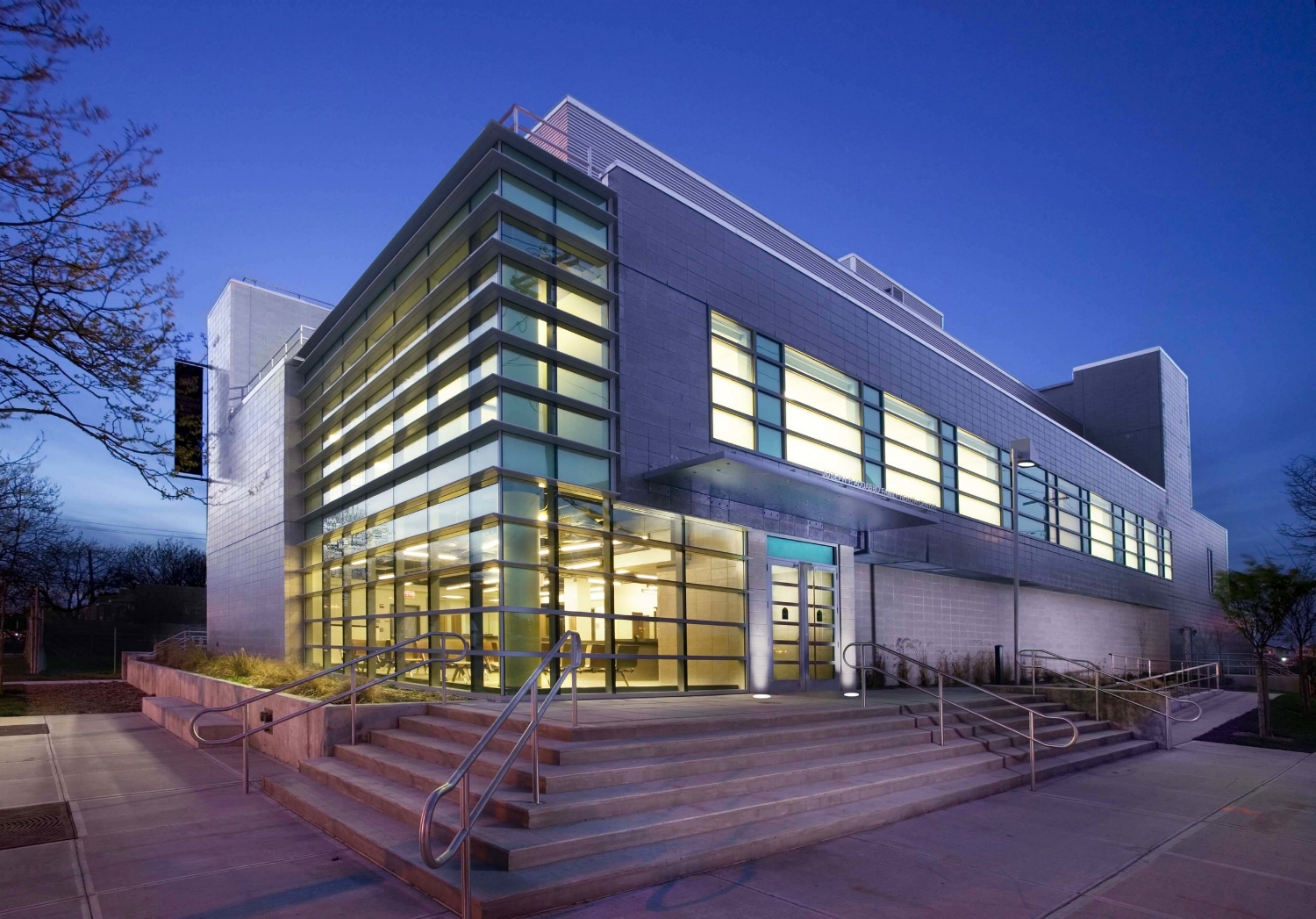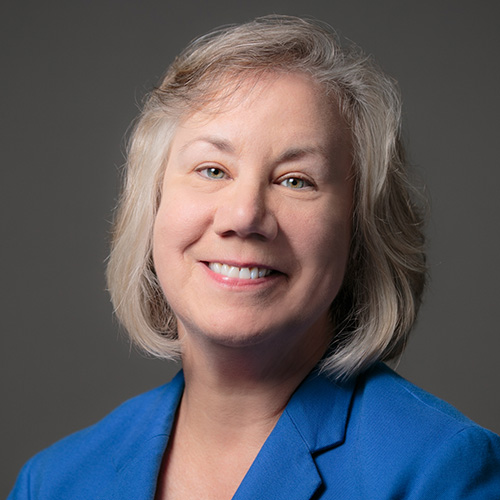CDFIs and FQHCs Support Communities Most Affected by COVID-19

Blog post by CDFI Coalition Board Member Anne Dyjak
The COVID-19 health crisis has impacted nearly every household and business in this country. The pandemic has particularly highlighted the health disparities prevalent in low-income communities, which have historically suffered from significantly higher rates of chronic disease and behavioral health issues. These same communities are now experiencing the highest incidence of COVID-19 infection.
In the midst of this pandemic, community-based healthcare providers, such as federally qualified health centers (FQHCs), have been essential to the response in these low-income communities. These small businesses are currently working tirelessly to support their patients, testing for and triaging those potentially infected by the COVID-19 virus, while addressing existing chronic conditions that that do not cease to need management in the face of global pandemic. For example, the Joseph P Addabbo Family Health Center, a long-time borrower of Primary Care Development Corporation (PCDC), is an FQHC serving the Rockaways in the borough of Queens in New York City since 1968.
The borough has some of the highest rates of chronic disease – 38 percent of the population has hypertension, 22 percent has obesity, 11 percent has diabetes- and the borough reports infant mortality rates of 4 per 1,000 births. It most recently also has the distinction of being one of the epicenters of the COVID-19 pandemic in New York State, with over 62,000 (19 percent) of individuals tested positive for the virus. While in the midst of a $22 million construction project that PCDC is financing, the Joseph P Addabbo Family Health Center, continues to provide care and services to their patients while also offering COVID-19 testing for the entire community in the Rockaways.
Even as FQHCs have pivoted quickly to respond to the health crisis, they are doing so with decreased revenue as all but the most critically necessary care has been halted to conform to state distancing protocols or transitioned to delivery through telehealth. Even when it has been possible to provide care in person, there are still questions about access to personal protective equipment for practitioners and patients, along with fear of infection from a health care setting, that have driven patient volume even lower.
In the face of this crisis, Congress was quick to act. While most FQHCs were successful in accessing resources provided by the CARES Act (S. 3548), many report that stimulus funding will only help sustain their operations through early summer and forecast a need for capital to implement new operating protocols and transition to new methods of delivery. In addition, there is a need for capital as they prepare for a surge in demand as their patients return for care and procedures that have been delayed. And since FQHCs see all patients, regardless of insurance status or ability to pay, they will likely face an influx of new patients who have permanently or temporarily lost employment or health insurance coverage.
FQHCs and other community based providers will require access to low-cost, patient capital provided by PCDC and other Community Development Financial Institutions (CDFIs) to support their work during this next phase of the crisis. Community Development Financial Institutions (CDFIs), mission-driven lenders with strong ties and commitment to low-income and underserved communities, have historically played a critical role in the development and expansion of health care facilities, like FQHCs, in low-income communities. Since 1996, CDFIs have provided over $2.5 billion in investments to FQHCs in over 40 states. Using flexible capital to address the unique needs of these critical safety-net providers and leveraging public funds, CDFIs have delivered financing that increases access to care and health equity in low-income communities.
The House-passed Heroes Act (HR 6800) includes $1 billion in funding for the CDFI Fund that would come at a crucial time to support CDFIs as they fulfill their essential role in the country’s recovery. There is an immediate need for this capital to fund these community-based lenders, working in all sectors of community development, to effectively deploy resources to aid in the recovery.
The effects of this pandemic will be felt for a generation. As state governments begin the process of reopening, there will be many discussions about how we can jump start our economy. Without access to affordable and accessible capital for underserved, disenfranchised communities most impacted by the COVID-19 pandemic and associated economic crisis, we can never fully recover as a nation.

Anne Dyjak is the Managing Director at Primary Care Development Corporation (PCDC), responsible for leading the Capital Investment group. PCDC, a CDFI, uses a variety of financial instruments to provide loans to health practices to update, modernize, or expand their operations to better serve their patients.
